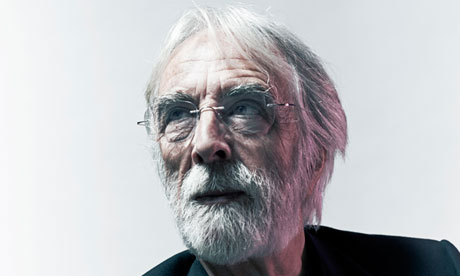On the eve of the release of his eleventh film, the Palme d’Or winning Amour, a seventy-year old Michael Haneke is now placed firmly amidst the dazzling heights of European cinema greatness. Amour centers on the failing bond of love between an elderly couple when one of them suffers a stroke, so it would appear that Haneke hasn’t stepped too far out of his comfort zone – but when his mastery at making even scenes of intense malaise so intermittently watchable it’s easy to be captivated by the genuine malice found in every frame. The lack of soundtrack, long and seemingly pointless takes and low-key magnetic performances blend to produce a hyper-realist aesthetic that augments the intensity of the extremist stories he tells. While compulsively watchable, his work is often deeply unsettling and hard to stomach, in the best possible way of course. Let’s have a look at some particularly unpleasant examples.
The Seventh Continent
Haneke’s ambitious debut, and a showcase for his emerging style, The Seventh Continent concerns a real-life case of family suicide. Employing a sparse narrative approach, the film provides us with almost no explanation for the family’s decision to end their lives- a staple of Haneke’s filmmaking. Not everything in life happens for a reason and his oeuvre is reflective of that. He uses everyday routine practices to highlight the cyclic monotonous existence of a suburban family, but the opening car wash scene creates a sense of claustrophobia perfectly. It’s just another wasted moment and is highly symbolic of their passage through life. The car creeps along; an empty vessel beyond their control.






